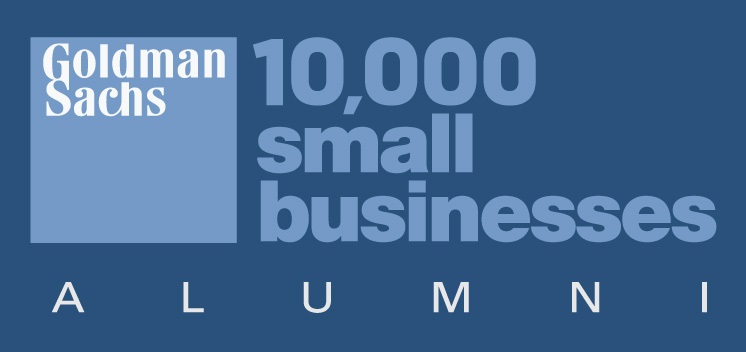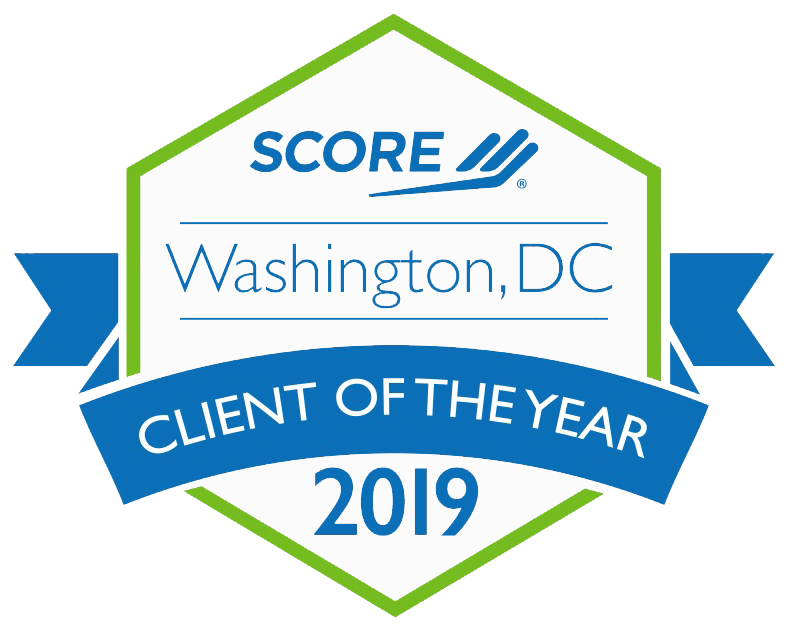Nonprofit professionals are busy people who are always looking for ways to optimize their workflows. This often includes contract work, as it’s an effective way to save time and money. Contract grant writers can be a huge help to your nonprofit, but only if they have the tools and resources necessary to thrive. Unfortunately, when starting a new project, sometimes the contract writer has limited information so he/she has to figure it out for themselves. However without proper communication, a grant writer could end up being more of a detriment than a help to your organization. In this article, we’ll cover how you can optimize communication with your grant writer, and build an established, trusting relationship.

What needs to be communicated to a contract grant writer upon hiring?
- Project overview. A scope of the entire project should be presented to the writer. You’ll want to make them aware of expectations that need to be met, such as number of submissions, winning dollar amount, potential retained support, etc. This will ensure they have a holistic view of the project, and also provides a foundation for them to build on.
- The organization’s mission and goals. Reading the “about us” section of a website is not enough for a contract writer to understand an organization’s mission and values. It helps to hear it directly from those within the organization, as they’ll be able to gain a better understanding of all the moving parts that make it happen. It’s important they know how all the departments are working together to align their projects and tasks around the mission.
- Tone and voice. Each nonprofit has its own tone and voice — yet so does each writer. A great writer will know how to blend the two seamlessly, however it’s also on the nonprofit to educate and provide direction.
- Timelines. A timeline should be communicated to the writer from the start. If it helps, create milestones for them so it’s easier for both ends to track the writer’s progress.
- Budget. After all, you can’t apply for a grant unless the writer knows what the budget is! This should be communicated up front, and continuously communicated should it change at any point.
- Workflows. Make sure your contract writer has access to your tech stack so they can work collaboratively with the rest of the team. For example, granting them access to Google Docs, project management tools, emails, etc.
How can I establish a strong relationship with my contract grant writer?
- Be open to feedback. While every nonprofit has its own set of guidelines and expectations, a fresh perspective never hurts. Having an objective, third party opinion can do wonders in shedding new light on your organization.
- Be patient. Remember, a contract writer is brand new to your organization and has a lot to learn. Be patient when they make mistakes, and supportive when they ask for help.
- Be encouraging. Recognition is a big motivator, so let the writer know what they’re doing well, and where they can improve. Constructive criticism is always encouraged.
- Streamline your communication. Having consistent forms of communication lays a good foundation for your working relationship. For example, consider scheduling meetings on the same day and time each week. Or establish what forms of communication work best for both parties, like texting or email. You should also discuss how files are to be stored and shared, and if you’re using any grant tracking systems. Whatever the case may be, both sides should have a clear understanding of how to best reach one another.
- Keep them in the loop. A contractor writer might seem like a siloed role, but it certainly is not! Make sure to keep them in the loop on the entire project’s success, and how their work is impacting the project’s trajectory.
What tips do you have for working with contract grant writers? Leave us a comment below! If you’re looking to outsource your grant writing services, you’ve come to the right place. RBW Strategy provides a variety of grant consulting services, grant writing included. Don’t hesitate to contact us today!





